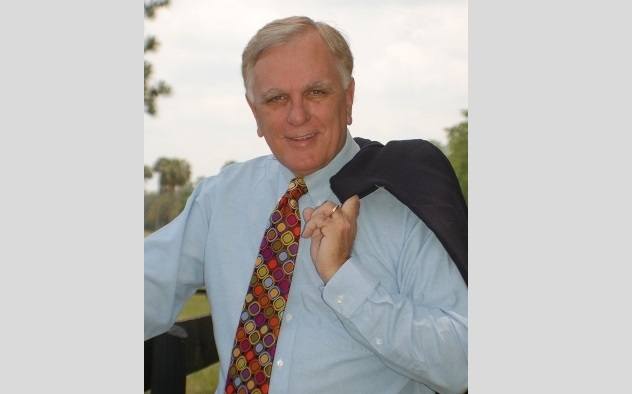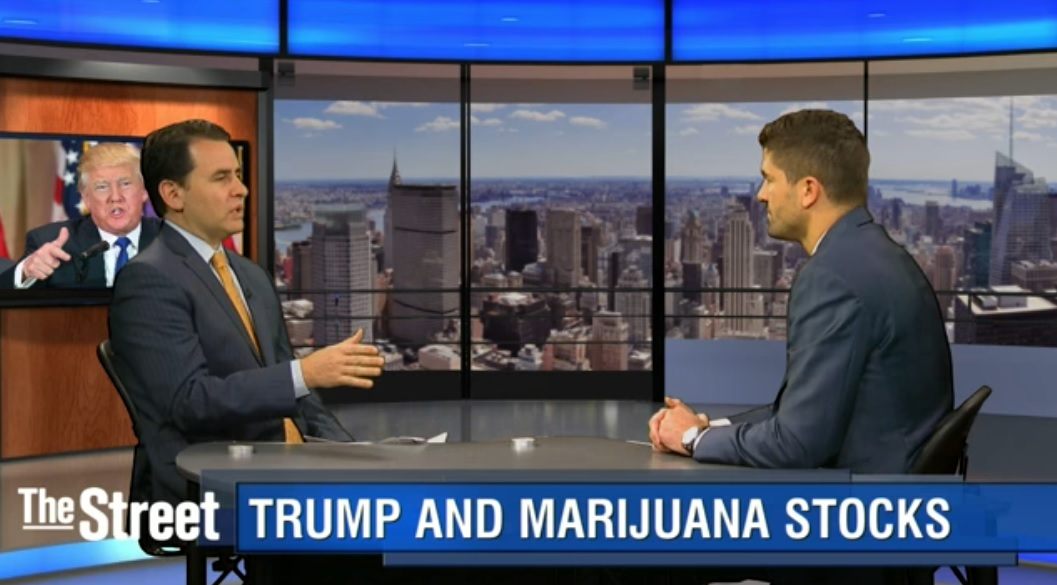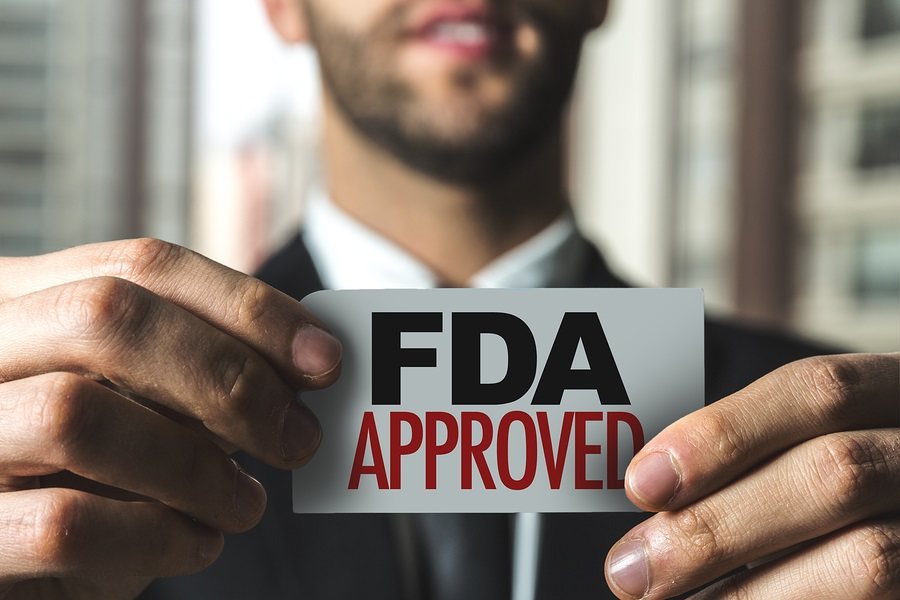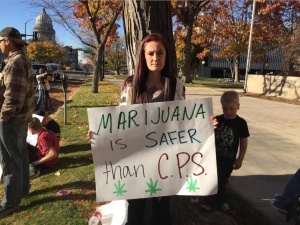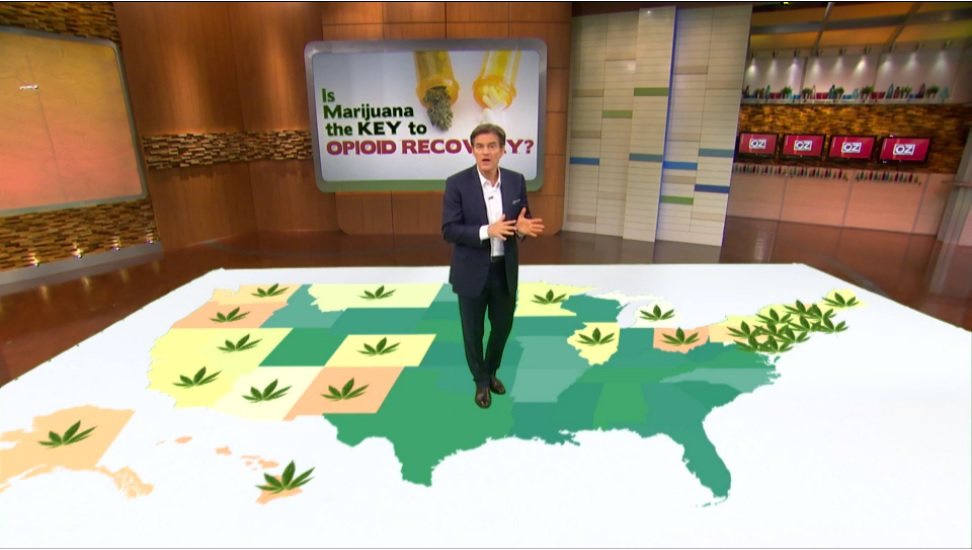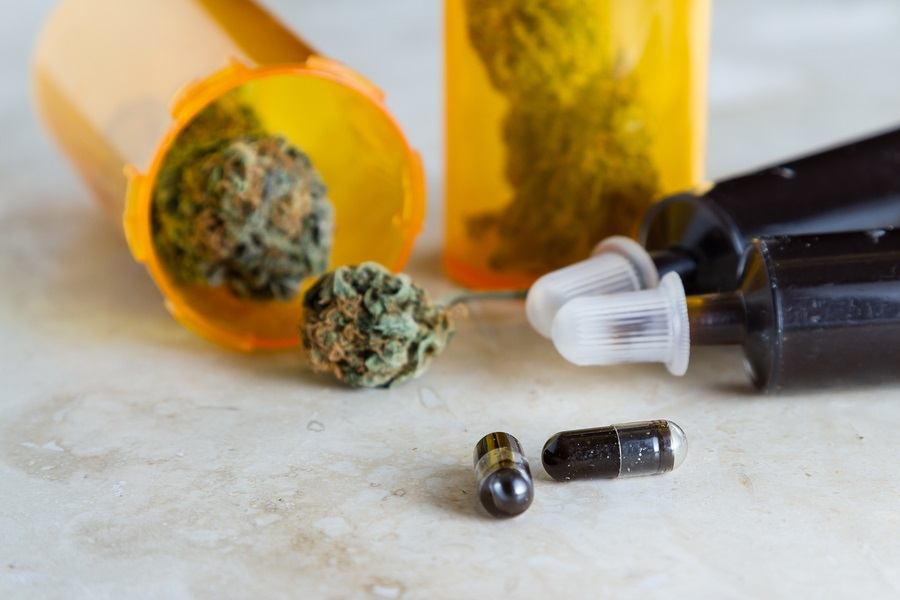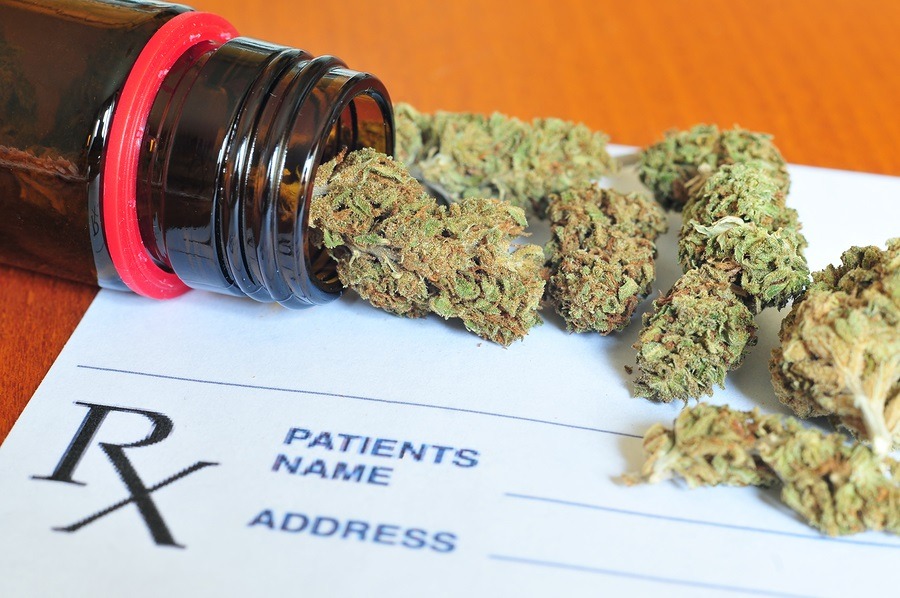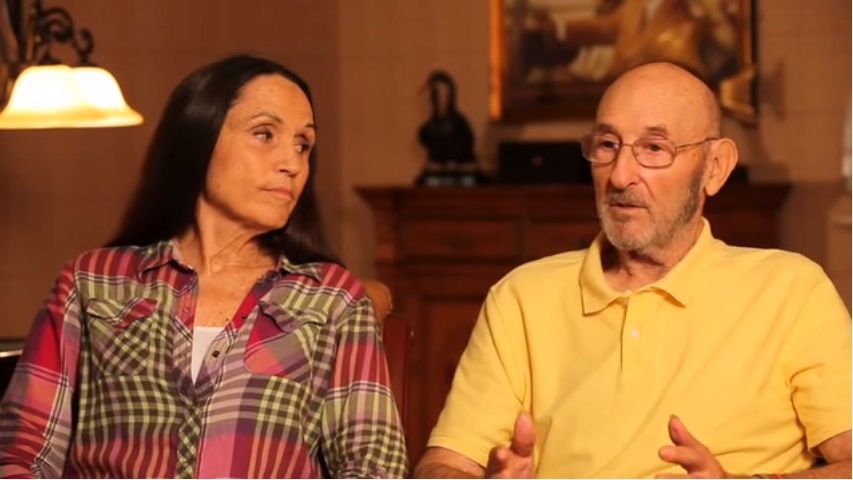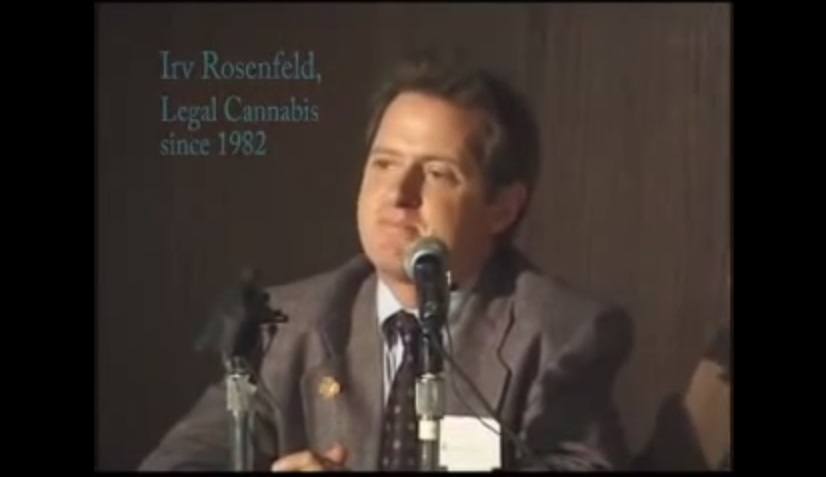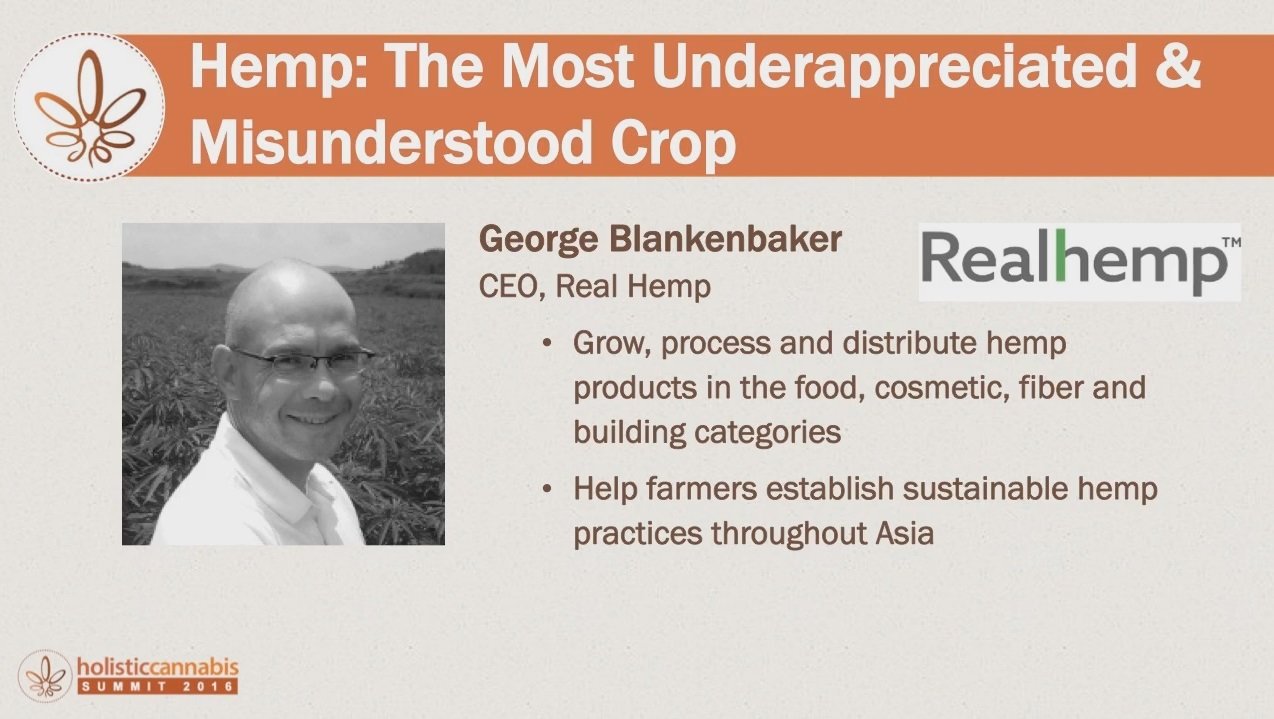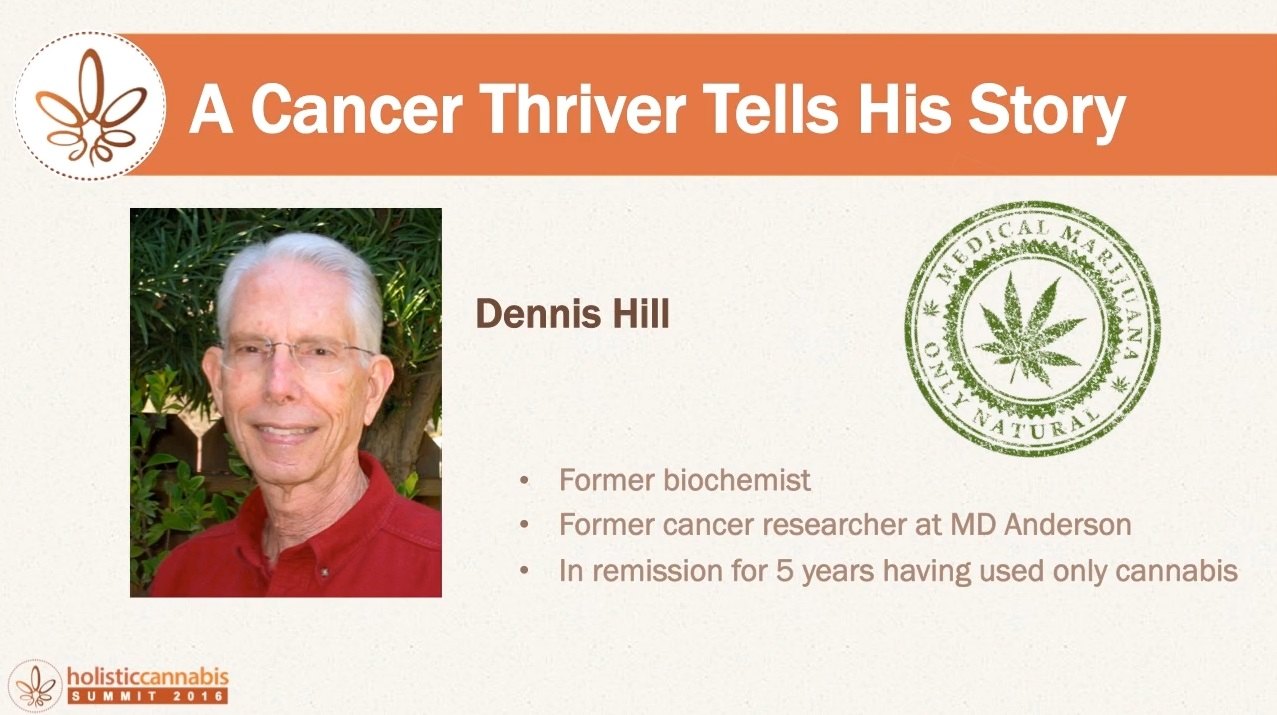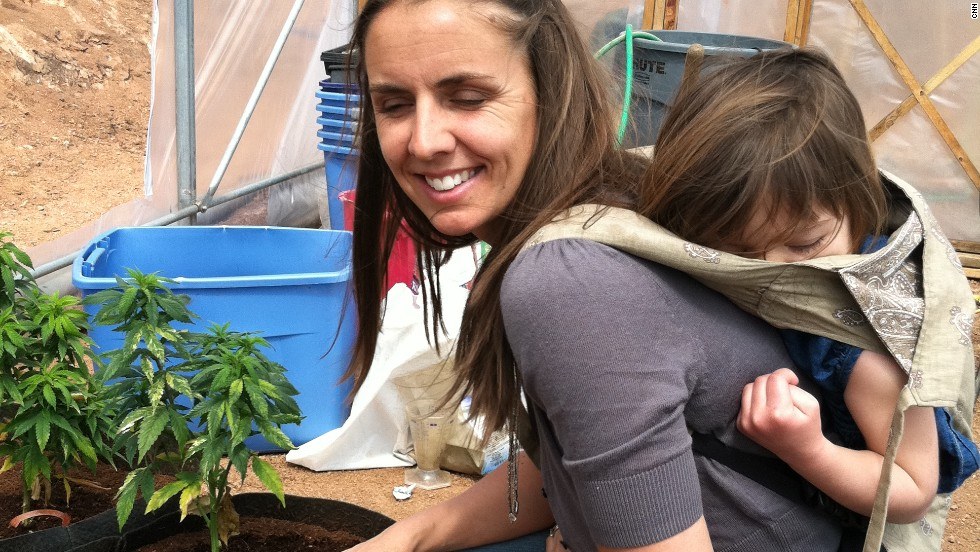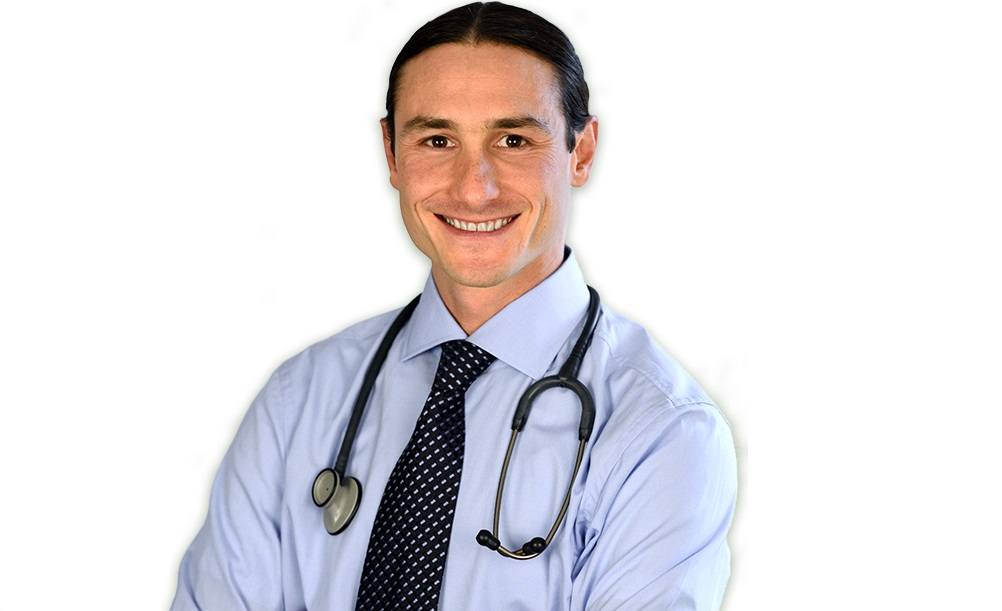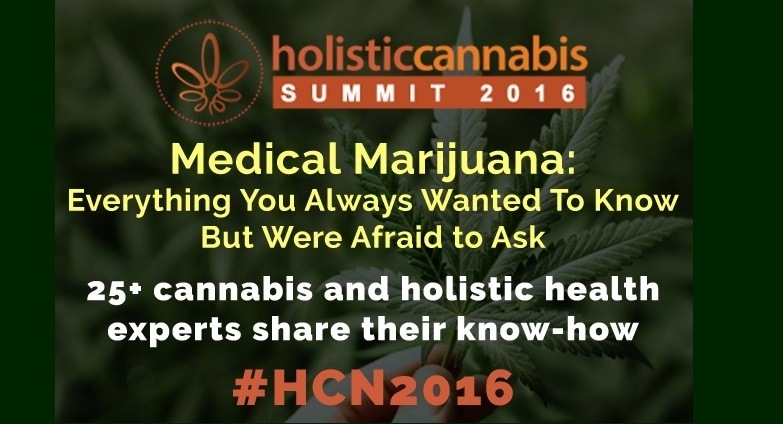Former Judge Convicting Marijuana Users Now an Advocate after Reversing His Own Illness with Cannabis
During his tenure as a Florida judge, Doug Bench had sent 311 marijuana users to jail. He was sure he was doing the right thing then, though now he acknowledges his remorse knowing that some of them were probably using weed medically. Judge Bench was diagnosed with late stage COPD and told by a pulmonologist that his condition would worsen even with treatments and his life expectancy would be 20 to 30 months. His wife went online and began researching while Doug was barely tolerating the medications he had been prescribed. Ms. Bench’s research at first wound up with her preparing essential oil solutions that had some minor positive effects on his breathing and ability to sleep, but not nearly enough. Then she came up with yet another unnamed essential oil. Doug demanded to know what it was before he tried it. Then she confessed, she had gone to Colorado, where they own a ranch, and purchased cannabis oil. Doug vehemently refused at first, but finally gave in and tried it when she threatened to leave him. He was surprised and amazed at the early rapid resulting lung improvements by taking only a drop of the oil under his tongue nightly. Now Judge Bench’s COPD is at least in remission and he is a Florida medical marijuana advocate equipped with the true history of cannabis suppression.




